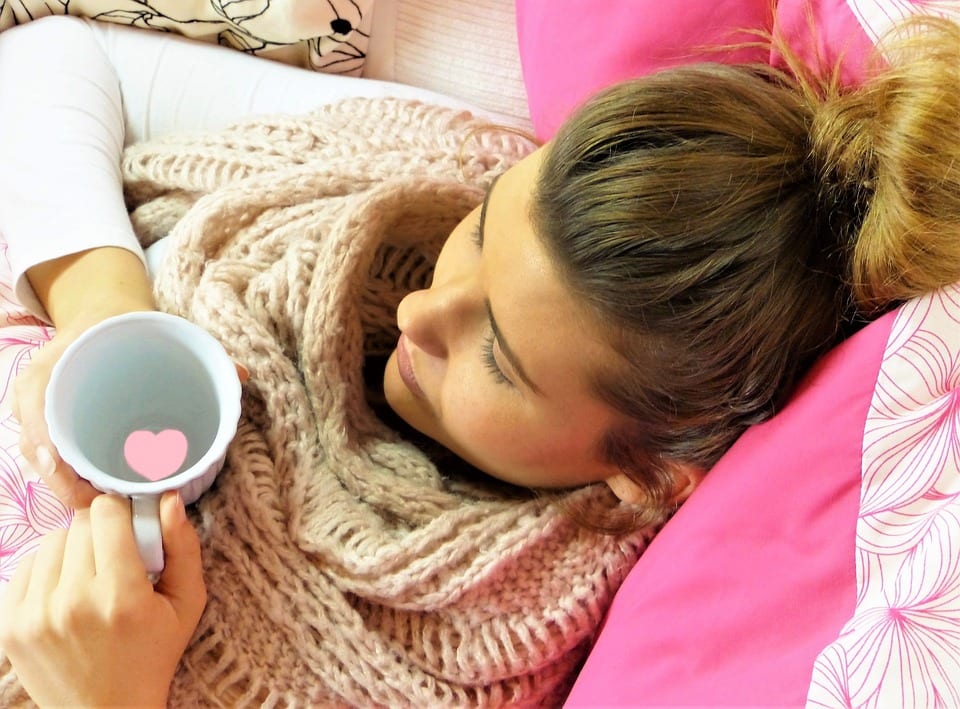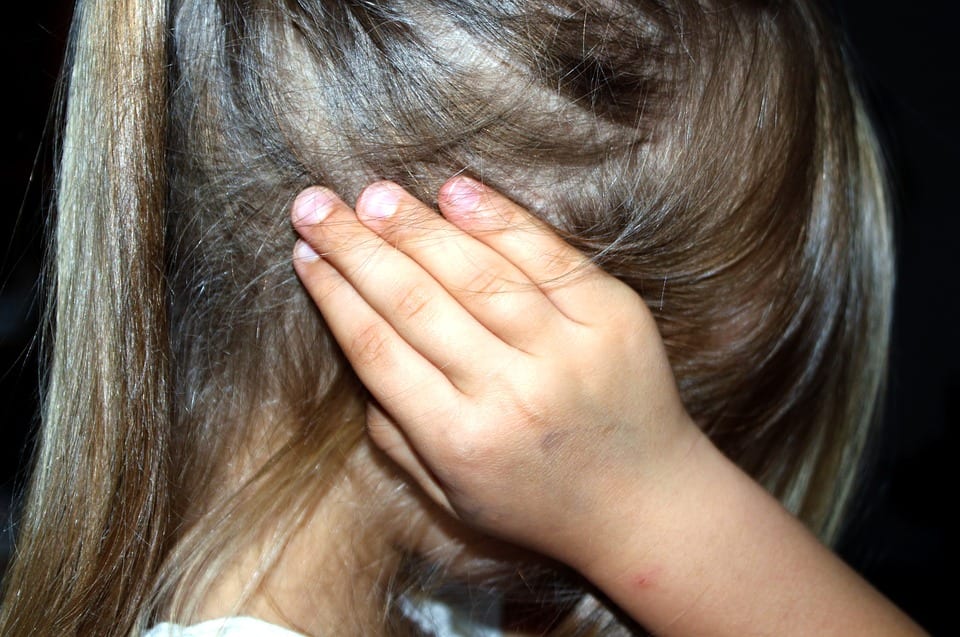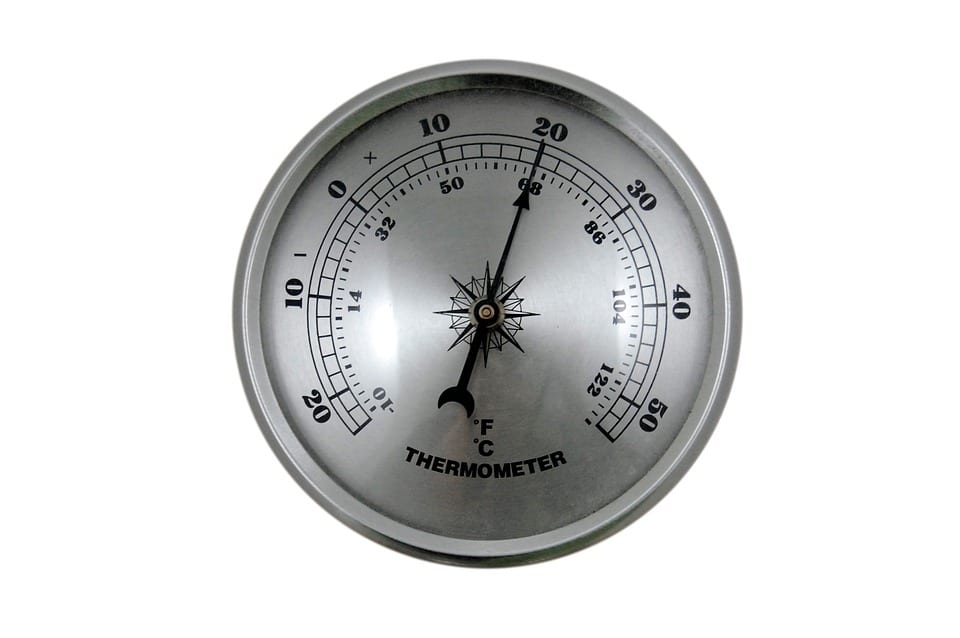What’s something you can eat a whole bunch of in one sitting and not have to worry about being unhealthy? The answers are surprisingly delightful (my go-to is nuts), so go ahead and indulge!
#1. Also still an orange.
Cutie oranges. They’re like 90 calories a piece and also still orange.
#2. Crunchy and refreshing.
I’d go for sliced red and orange peppers. Crunchy, refreshing, and hey a Tony bit of ranch to go with it can’t be too terrible. Tiny though, that shit is like 80 calories a tbsp.
#3. PB2.
I love peanut butter but I can’t justify 190 calories for 2tbsp. Go get some PB2. It’s only 50 calories for 2tbsp. Smear that stuff on apples, celery, bananas, bread, and everything else you own because it is miraculous.
#4. Half-sour pickles are game changing
I used to go for a family size bag of salt n vinegar. Shred it without realizing until last bits….
Switched out for jars or pickles. Worked like a charm. It solved that crispy sour tangy craving and zapped calories. I’m down at least 40 lbs since I swapped to pickles a few years back
Edit: thank you everyone, I was not expecting my most upvoted content to be regarding my love for pickles. First, blood pressure topic: yes I have high blood pressure. Long time. I’ve been taking medication for many many years for it. My blood pressure is actually been better in the past few years since the switch, but I do you know and understand the consequences of salt. I hardly ever use salt with anything else really. My massive weight actually came as a result of medications over a decade ago. Had been constantly battling to lose the weight, and in recent years actually kind of gave up. And that’s when the weight started coming off. I drink a minimum of a gallon of water a day but usually twice that. Most of my diet it’s liquid because I’m extremely thirsty person(yes I know that a warning for diabetes, doc keeps looking but I’m safe). Oddly enough, the weight started to finally come off when I got on a regular regimen of medical marijuana. I think it rebooted my metabolism.
As for the pickle enthusiasts and pickle lovers… My grocery store favorite is zesty Dill. Every year my mother makes usually a solid 20 dozen jars of pickles and I claim about half of them. A lot of the ones I claim, I add pepper flakes and some garlic. I usually eat one jar in one sitting, and try to set my my max at two jars a week for staying sodium conscious. I try to only get potato chips, as re su of these choices, when it’s a special occasion with guests.
Thanks everyone. I know Rick would be proud.
Extra edit: Thank you kind stranger so much for my first silver, which is my first of any badge here. I truly appreciate it.
#5. Your poops will be great.
Grapes. Find the best grapes you can and go to town. Your poops will be great afterward.
#6. Underrated vegetable.
Snap peas. We’ve been getting them fresh from a farm stand, then cooking them for just a couple minutes in a pot with a splash of water and some garlic salt. They’re like CRACK. We fight over them and can’t seem to get enough. Toddler included. 10/10 underrated vegetable.
#7. It gets me through.
Whenever I’m craving chocolate I find that a handful of peanuts and dried fruit gives me the short-term energy boost my body needs to get me to the store to buy chocolate.
#8. It’s so easy.
Roasted Chickpeas/Garbonzo Beans.
It’s so easy. I never thought it would be, but I tried it last week and it’s literally just:
Preheat oven to 375F (190C)
Drain can (or 2) of chickpeas. Pour out onto a pan. Pat dry with towel, or don’t. It doesn’t matter too much.
Throw them in the oven for 30 minutes. (You’ll want to take them out every 10 minutes or so to move them around a bit.)
Remove from oven and pour into bowl. Toss with a spoon of vegetable oil, salt, thyme, and a good spoonful of chili powder.
Pop it back into the oven another 10-15 minutes. (I’m definitely going the full 15 minutes the next time I make these because holy hell they taste so good when they’re just perfectly crispy)
It’s like popcorn, but nuts, but they’re chickpeas, but they’re spiced up, but they’re magic.
Edit: it has been pointed out that while these ARE a healthier alternative, they are still calorie dense. I think they’re relatively filling though.
#9. It’s also delicious.
Plain popcorn
A cup of air-popped popcorn only has 31 calories, and high in fiber. Studies have found that popcorn will fill you up more than other popular snacks such as potato chips. It is also high volume, having pretty much the same nutritional value as a popcorn kernel.
It’s also delicious.
Edit: Obviously you can throw some salt or spices on there, I was just pointing out how healthy popcorn is at its core.
#10. Little slushie bites.
Frozen grapes. They’re like little slushie bites.
Edit: Thank you for the gold, stranger!
Edit 2: And the silver, friend!
#11. Smarta**.
A bowl of rice is great if you want to eat 1000 of something.
#12. Salty and sweet.
Add tajin to fruits to get your salty fix.
#13. Watermelon is great.
Probably celery or cucumber. You might be able to get away with watermelon as well, I once went through 3 1/2 watermelons a week. Watermelon is great
edit:
I’m going to buy a watermelon now.
#14. Surprisingly low calorie.
Pineapple is surprisingly low calorie for sweetness.
#15. Seaweed packs.
I tend to eat roasted dry seaweed packs. Only like 25 calories a pack and not that much sodium if you get good ones.
EDIT: Since this blew up, many people have been asking about specific brands. The one I get is a Korean brand called gimMe organic. I personally like the sea salt. 25 calories a pack and only 65mg of sodium. Just be careful with consuming large amounts due to iodine.
I’m stocking up the next time I hit a price club!
The post Ditch Those Doritos – These 15 Snacks Are as Healthy as They Are Yummy appeared first on UberFacts.




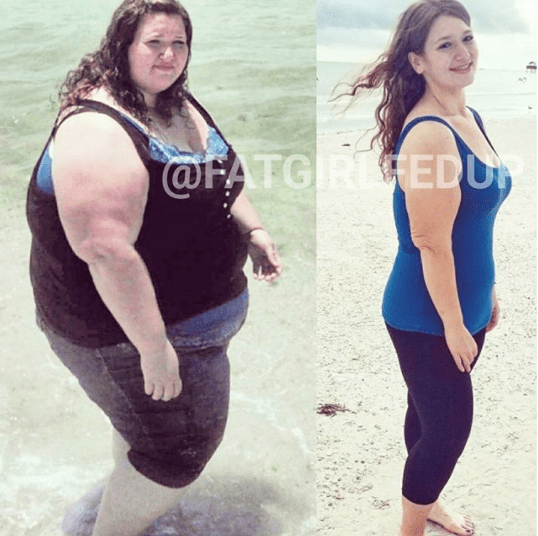
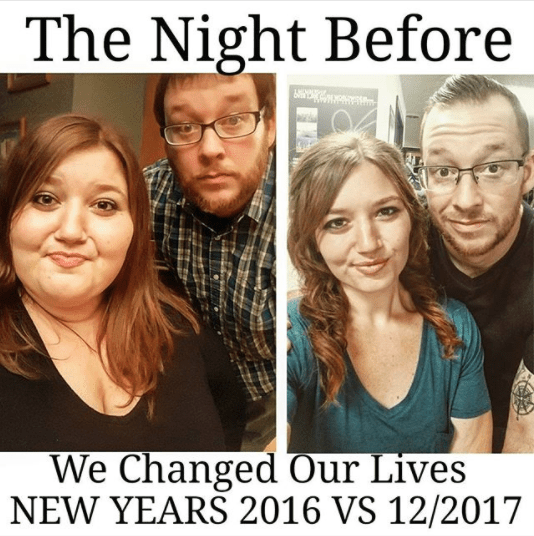



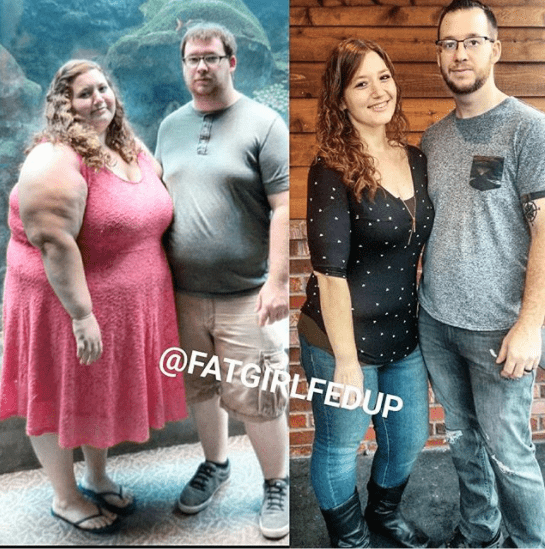
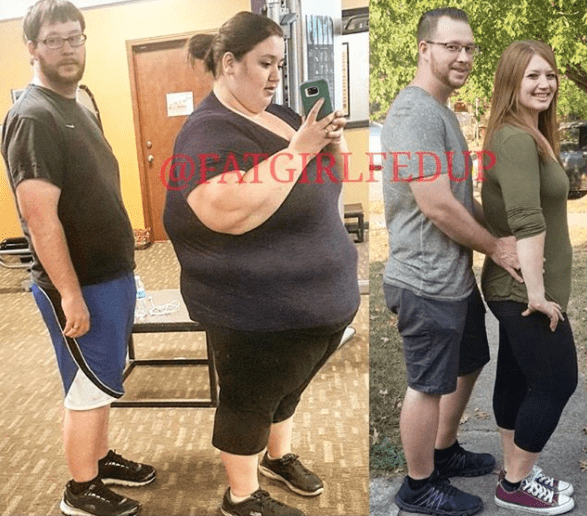
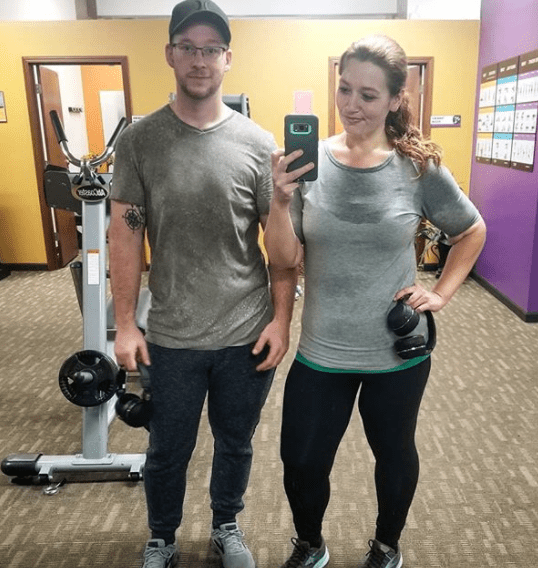

 (@__sargee)
(@__sargee)  A I D E N
A I D E N 
 (@TasiaBass28)
(@TasiaBass28)  IS SEEING BTS (@ess_phoenix)
IS SEEING BTS (@ess_phoenix) 

